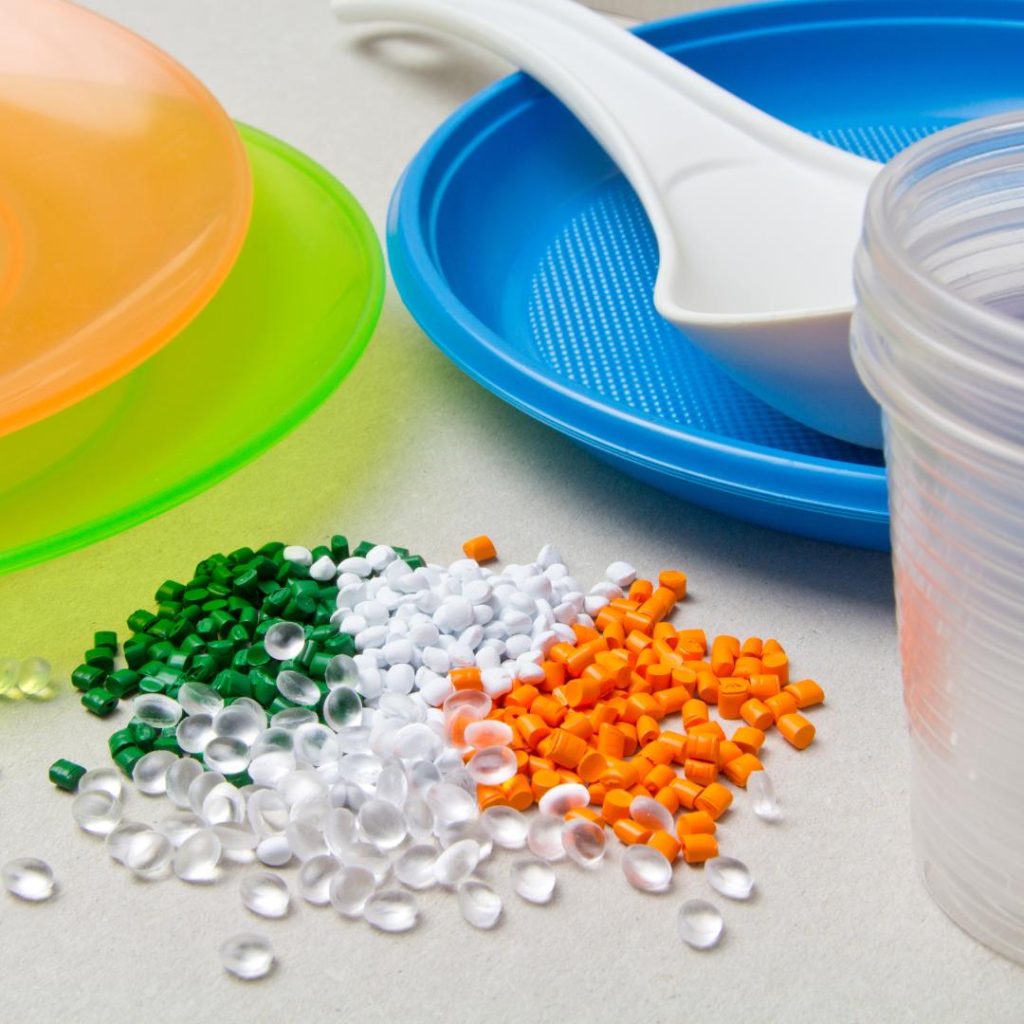Hormone-damaging BPA is still omnipresent

BPA has been an issue for many years - you could even call them decades. How can that be? It is banned throughout Austria, at least in baby soothers and teething rings. But we still find it in coated food packaging, drinking bottles and cans. It's time to change this.
The EU Commission proposes a ban on the chemical bisphenol A (BPA) in food contact materials.
"A BPA ban is essential! Everyone in Europe currently ingests amounts of BPA through their diet that exceed the acceptable level many times over and are absolutely avoidable," says Helmut Burtscher-Schaden, GLOBAL 2000 biochemist.
The public consultation for the proposed ban on BPA and other bisphenols in food contact materials ended on March 8, 2024. GLOBAL 2000 has submitted a statement.
First EU-wide ban on BPA in baby pacifiers
GLOBAL 2000 had already tested various plastic articles for harmful substances in 2009 and - quite surprisingly - found that almost all commercially available baby soothers contained large quantities of BPA and subsequently achieved an Austria-wide ban on BPA in pacifiers and teething rings.
At that time, GLOBAL 2000 already pointed out that independent scientific studies would suggest a lower health guideline value for the acceptable daily intake of BPA for humans by a power of ten. After a long delay, the European Food Safety Authority (EFSA) renewed its risk assessment of BPA last year and lowered the health guideline value for BPA by five powers of ten lowered.
What does BPA do to our body
As one of the most widely used industrial chemicals in the world, bisphenol A, or BPA for short, is omnipresent in our world. Although millions of tons of it are actually used every year, even small amounts are enough to upset the hormonal system of an individual organism. Hundreds of studies have proven its carcinogenic and reprotoxic effects.
Implement ban now without delay!
BPA is still found in the coatings of food cans, in coated food packaging, drinking bottles and plastic containers as well as other food contact materials.
"The EU Commission must now ensure that the BPA ban takes effect as quickly as possible and leads to a noticeable reduction in exposure for consumers. Attempts by the industry to undermine or delay this important measure through exemptions and transitional periods - as can be seen in some of the statements already available - must be clearly rejected," concludes Burtscher-Schaden and advocates a general ban on BPA for consumer products.






